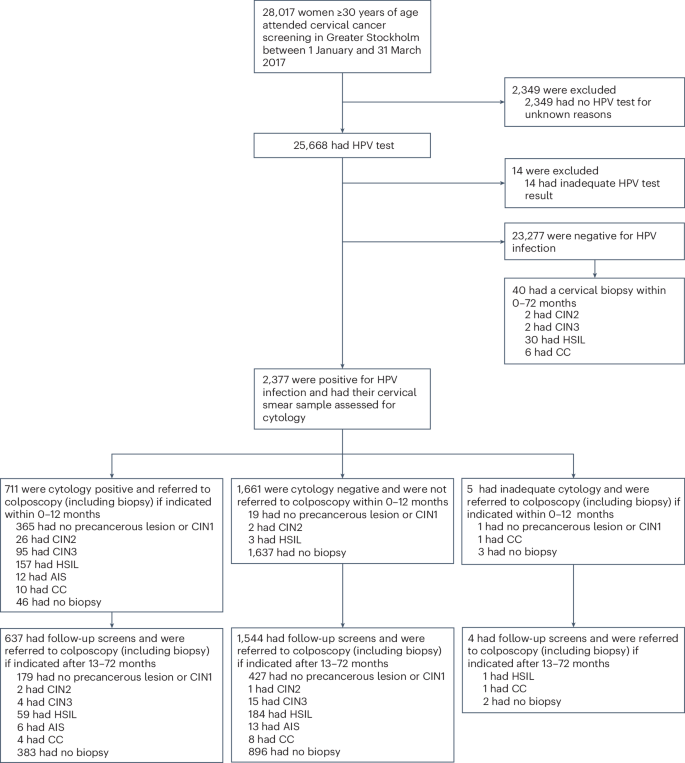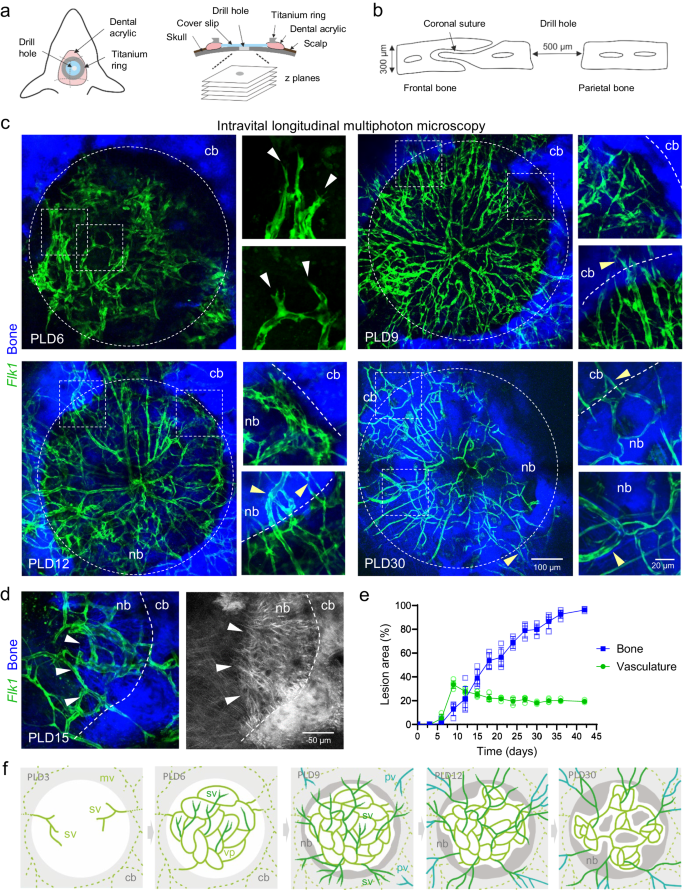2024-06-04 カロリンスカ研究所(KI)
<関連情報>
- https://news.ki.se/new-test-detects-more-cases-of-cervical-cancer
- https://www.nature.com/articles/s41591-024-03014-6
実世界集団におけるDNAメチル化トリアージを用いた子宮頸癌スクリーニング Cervical cancer screening using DNA methylation triage in a real-world population
Lena Schreiberhuber,James E. Barrett,Jiangrong Wang,Elisa Redl,Chiara Herzog,Charlotte D. Vavourakis,Karin Sundström,Joakim Dillner & Martin Widschwendter
Nature Medicine Published:04 June 2024
DOI:https://doi.org/10.1038/s41591-024-03014-6

Abstract
Cervical cancer (CC) screening in women comprises human papillomavirus (HPV) testing followed by cytology triage of positive cases. Drawbacks, including cytology’s low reproducibility and requirement for short screening intervals, raise the need for alternative triage methods. Here we used an innovative triage technique, the WID-qCIN test, to assess the DNA methylation of human genes DPP6, RALYL and GSX1 in a real-life cohort of 28,017 women aged ≥30 years who attended CC screening in Stockholm between January and March 2017. In the analysis of all 2,377 HPV-positive samples, a combination of WID-qCIN (with a predefined threshold) and HPV16 and/or HPV18 (HPV16/18) detected 93.4% of cervical intraepithelial neoplasia grade 3 and 100% of invasive CCs. The WID-qCIN/HPV16/18 combination predicted 69.4% of incident cervical intraepithelial neoplasia grade 2 or worse compared with 18.2% predicted by cytology. Cytology or WID-qCIN/HPV16/18 triage would require 4.1 and 2.4 colposcopy referrals to detect one cervical intraepithelial neoplasia grade 2 or worse, respectively, during the 6 year period. These findings support the use of WID-qCIN/HPV16/18 as an improved triage strategy for HPV-positive women.


